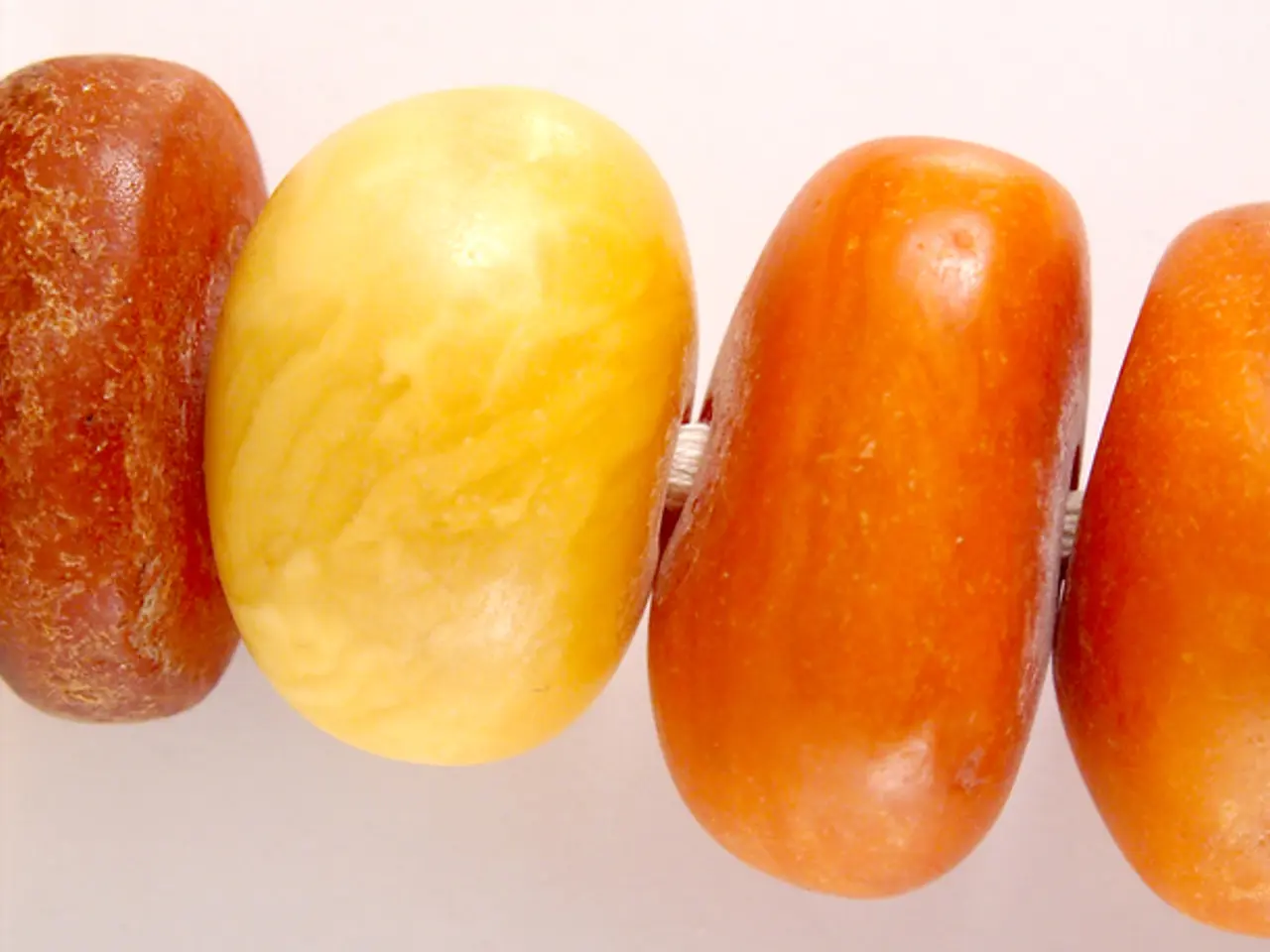FDA Approves New Cholesterol-Lowering Drugs: PCSK9 Inhibitors
The U.S. Food and Drug Administration has approved a new class of drugs, PCSK9 inhibitors, to lower cholesterol levels. These injectable medications, Praluent (alirocumab) and Repatha (evolocumab), offer an alternative to traditional statins. However, they come with a higher price tag and specific side effects.
PCSK9 inhibitors work by enhancing the liver's ability to remove LDL cholesterol, the 'bad' cholesterol that contributes to heart disease. They can reduce LDL cholesterol by up to 70% when used with statins, which are typically the first line of treatment for high cholesterol.
Clinical trials have shown positive results, with PCSK9 inhibitors helping to decrease the risk of ischemic events. The recommended starting doses are alirocumab at 75 mg or 150 mg every 2 weeks, and evolocumab at 140 mg every 2 weeks or 420 mg once a month. Common side effects include upper respiratory tract infection, nasopharyngitis, back pain, flu, and injection site reactions.
PCSK9 inhibitors, approved by the FDA, provide an additional option for managing high cholesterol. They have demonstrated effectiveness in reducing LDL cholesterol and may help lower the risk of heart disease. However, their high cost, starting at $14,000 per year, is a significant consideration. As with any medication, patients should discuss the benefits and potential side effects with their healthcare provider.
Read also:
- Intestinal Infection Causing Stomach Distress: Signs and Remedies
- What is the expected timing for the flu season in this current year?
- Essential Information on Cushing Syndrome: a Disorder Caused by High Cortisol Levels
- Starting in September, elderly individuals aged 75 years and above will be enrolled in a preventive program for Respiratory Syncytial Virus (RSV).





